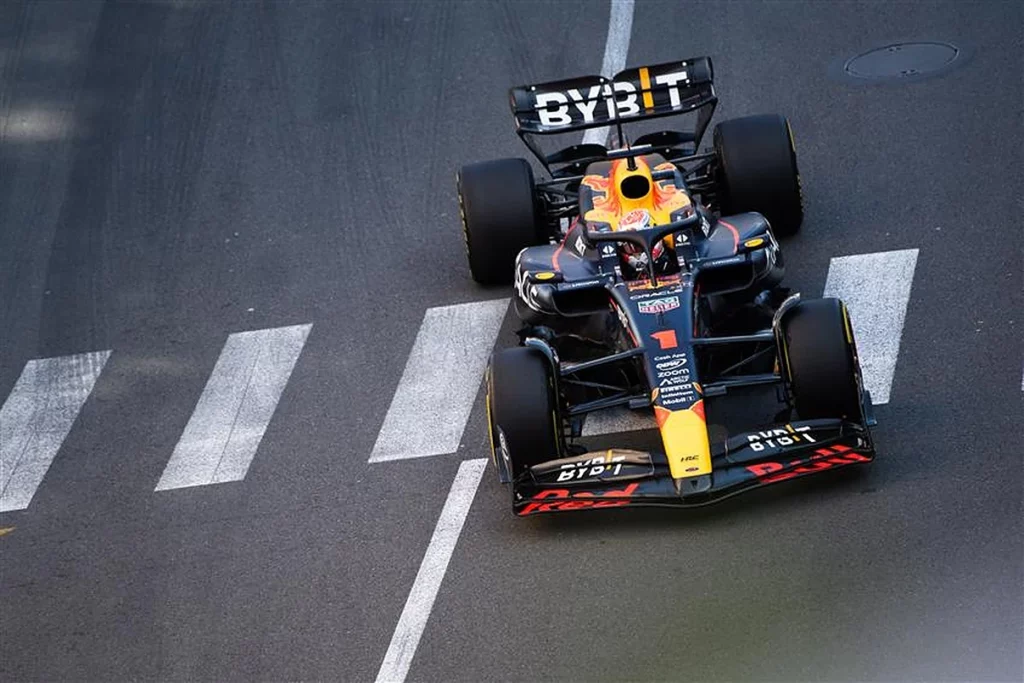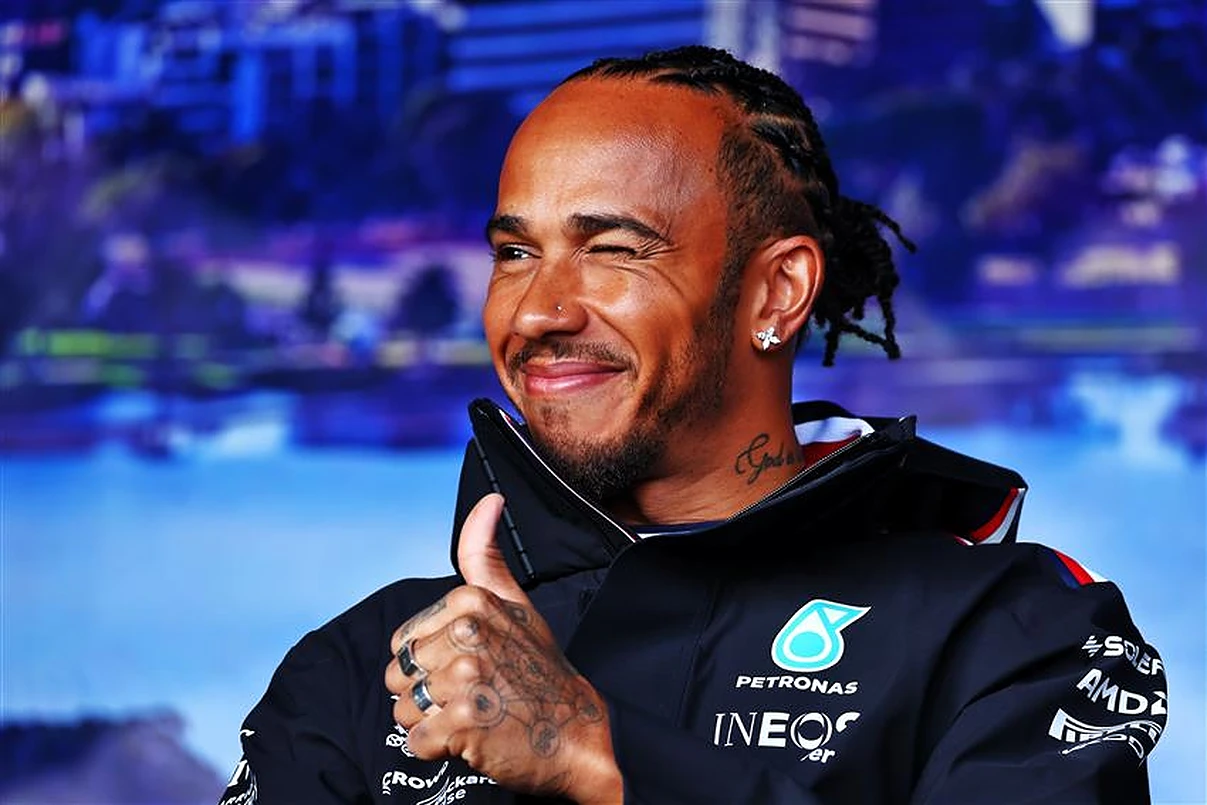FIA president Mohammed Ben Sulayem has responded to Lewis Hamilton’s suggestion of implementing a set development date for teams to shift their focus to the following season’s car, dismissing it outright.
Hamilton’s proposal aims to prevent Red Bull from carrying over their dominance from 2023 into 2024, but it has garnered criticism from the Red Bull camp.
Christian Horner, the team principal of Red Bull, expressed scepticism about the feasibility of such a rule change.
He argued that implementing a fixed date would be nearly impossible.

Want to work in Formula 1? Browse the latest F1 job vacancies
In response, Ben Sulayem shared his thoughts on the matter during an interview with The Associated Press.
“If we go about what’s good and bad, we’ll open the door,” Ben Sulayem remarked. “I mean, was it good for Mercedes?
“Fair enough? It is [Verstappen’s] time, it’s Red Bull’s time.
“What do we do and punish the good kid? No, let’s go and make the other teams good.
“Nobody’s stopping the other teams from being better.
“We cannot punish people for being better, for trying harder.
“That is unfair.”
Ben Sulayem’s stance reflects his belief that punishing successful teams for their achievements would be unjust.
Instead, he advocates for fostering competitiveness by encouraging other teams to improve their performance.
READ: Lewis Hamilton told he has a weakness against ‘hallucinating’ Max Verstappen
The FIA president emphasised the importance of creating an environment that motivates teams to strive for excellence and rewards their dedication and efforts.
Hamilton’s proposal aims to address the issue of a dominant team carrying over their advantage from one season to the next, potentially leading to a lack of competition.
However, Ben Sulayem’s response suggests that he favours a different approach—one that does not penalise success but rather challenges other teams to rise to the occasion and close the performance gap.

